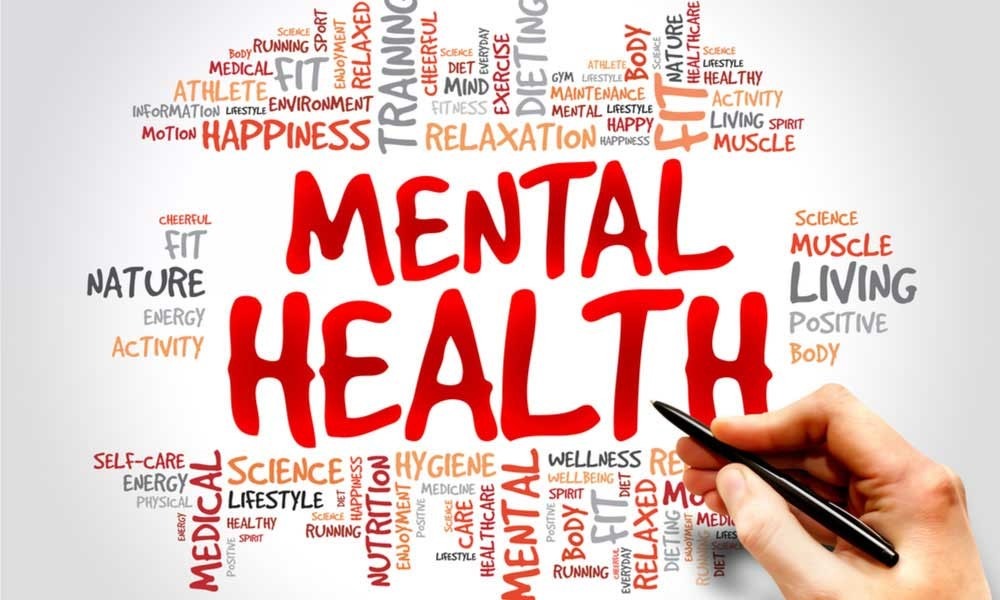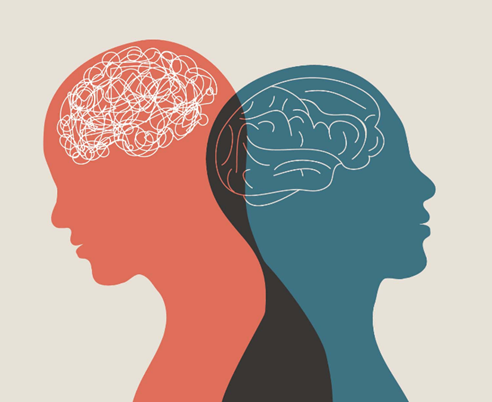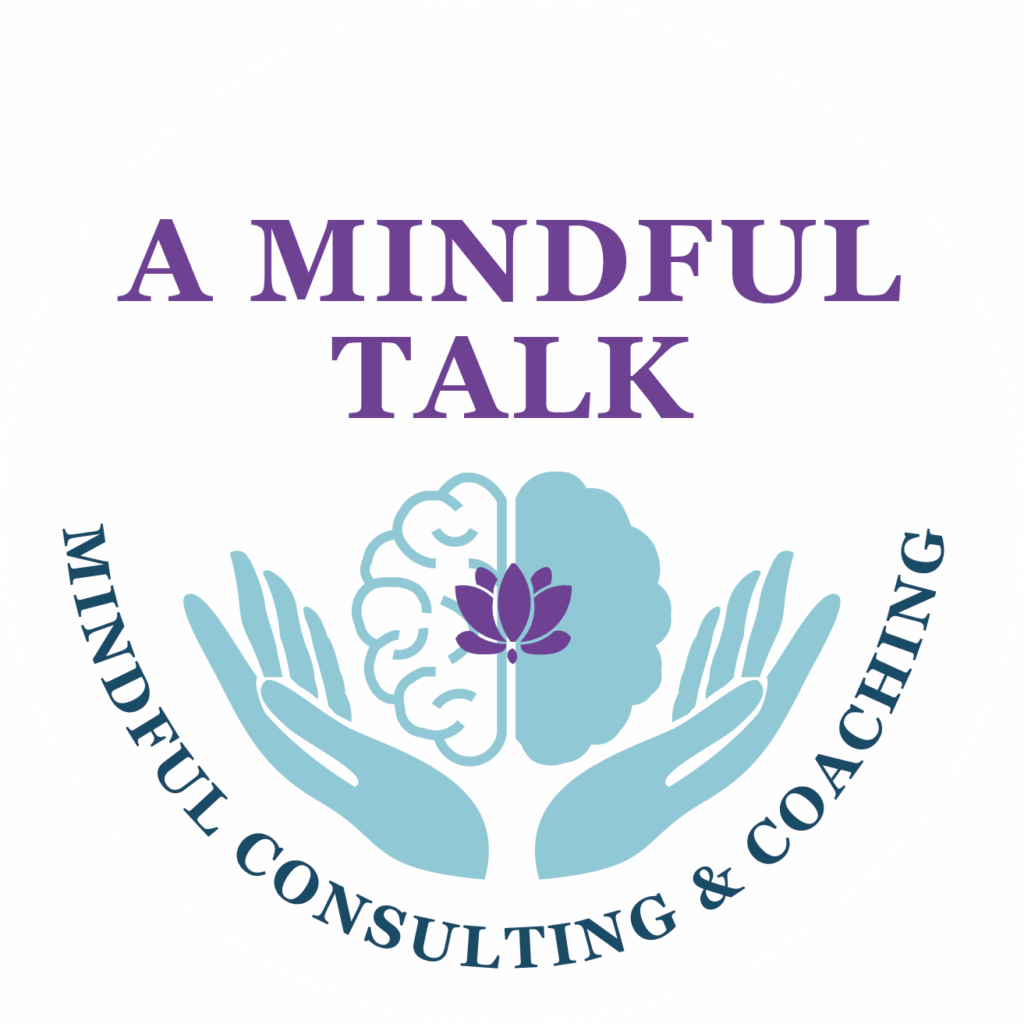Brain Mapping & Neurofeedback
Common Factors Affecting Mental Health
The mental health impact of various factors can be significant and can vary widely depending on the individual and the circumstances involved. Here are a few common factors that can impact mental health:
- Stress: High levels of stress can lead to anxiety, depression, and other mental health issues. Chronic stress can have a significant negative impact on both mental and physical health.
- Trauma: Traumatic experiences, such as abuse, violence, accidents, or natural disasters, can have lasting effects on mental health, leading to conditions like post-traumatic stress disorder (PTSD).

- Genetics and biology: Genetic factors can predispose individuals to certain mental health conditions. Imbalances in brain chemistry or hormonal changes can also play a role in the development of mental health disorders.
- Substance abuse: Drug and alcohol abuse can have a significant impact on mental health, often exacerbating existing mental health conditions or leading to the development of new ones.
- Physical health conditions: Chronic physical health conditions can also impact mental health. Managing a chronic illness can be stressful and may contribute to feelings of anxiety or depression.
- Life changes and transitions: Major life events such as moving, changing jobs, getting married, or experiencing the loss of a loved one can all impact mental health.
It’s important for individuals experiencing mental health challenges to seek support from mental health professionals, such as therapists, counselors, or psychiatrists. Treatment options may include therapy, medication, lifestyle changes, and support groups. Prioritizing self-care, maintaining social connections, and seeking help when needed are important steps in managing and improving mental health.
Benefits of Mental Health Therapy
Mental health therapy, also known as counseling or psychotherapy, can offer a wide range of benefits to individuals dealing with various mental health issues or simply seeking personal growth and self-improvement. Some of the key benefits of mental health therapy include:
- Improved mental health: Therapy can help individuals manage and alleviate symptoms of mental health conditions such as anxiety, depression, PTSD, bipolar disorder, etc.

- Better coping skills: Therapy can teach individuals effective coping mechanisms and strategies to deal with stress, challenges, and difficult emotions in a healthier way.
- Improved relationships: Therapy can help individuals improve their communication skills, set boundaries, and develop healthier relationships with others.
- Increased self-esteem: Therapy can help individuals build self-confidence, self-acceptance, and a more positive self-image.
- Emotional support: Therapy provides a safe and non-judgmental space for individuals to express their feelings, process their emotions, and receive emotional support.
- Behavioral changes: Therapy can help individuals modify negative behaviors, develop healthier habits, and make positive changes in their lives.
- Stress reduction: Therapy can teach individuals stress management techniques and relaxation strategies to reduce stress levels and improve overall well-being.
- Personal growth: Therapy can support individuals in their journey of self-discovery, personal growth, and achieving their full potential.
- Prevent relapse: For individuals with mental health conditions, therapy can help prevent relapse by providing ongoing support, coping strategies, and monitoring progress.
It’s important to note that the benefits of therapy can vary depending on the individual, the type of therapy used, the therapist-client relationship, and other factors. It’s always a good idea to consult with a mental health professional to determine the most appropriate therapy approach for your specific needs.
WHY “A MINDFUL TALK” MENTAL HEALTH SERVICES?
- Individual Therapy
- Couple’s Therapy
- Family Therapy
Have you experienced anxiety, depression, felt stuck, or been through severe trauma?

Therapy can help you:
- Release traumatic memories stored in your body, that can eventually cause further emotional, mental, and physical ailments when they go untreated.
- Feel better mentally, emotionally, and physically
- Have better communication with family and friends
- Learn to change your thoughts and behaviors
- Set and meet goals for a joyful, peaceful and more connected life
Initial 15-minute free consultation.
At A Mindful Talk, we start with the premise “YOU ARE NOT BROKEN”. It is our job to keep up with the latest research on mental/behavioral neuroscience based modalities, tools, and resources, that are proven to be effective and aim at helping you heal from past traumas, chronic stress, and other issues that affect your mental and emotional wellbeing.
We Offer:

We use Neuroscience based treatment modalities aimed at helping you reprocess intrusive memories, manage emotions, and develop a better understanding of self and others. We also use tools like Neurofeedback, which is a form of brain training to help your brain’s function, allowing you to feel, behave, and show up better in the world.
- ADHD
- Anger management
- Anxiety
- Behavioral Issues
- Childhood and other types of traumas, including PTSD
- Depression
- Dissociative Disorder (DID)
- Learning Disabilities
- Life Transitions
- OCD
- Parenting
- Relationship Issues
- Self-Esteem
- School Issues
- Sexual Abuse
- Sports/Academic/Social performance
- Stress Management
- Women’s issues

Get Started Today
Healing starts in the nervous system. If you’re ready to calm your body, quiet your mind, and deepen your therapeutic work, Vagus Nerve Stimulation could be a meaningful part of your path.
